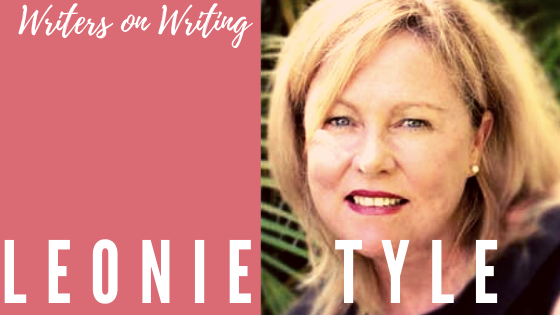
You’ve been associated with children’s books in many ways – as a librarian, reviewer and publisher to name a few. Do these many perspectives help in knowing when you see a promising book manuscript?
Years of reading all kinds of texts certainly informs your ability to appreciate good writing. The first paragraph of a manuscript can be indicative of what is to come. Writers need to make that first paragraph intriguing and a hook into the rest of the work. The reader must be willing from the beginning to go on a journey with the writer. How can you ever forget the first sentence in Orwell’s 1984:
It was a bright cold day in April, and the clocks were striking 13.
What do you look for in a children’s book manuscript? What makes a manuscript stand out?
This is almost impossible to answer because it is subjective. Each person’s response to a piece of writing is informed by all the experiences they have had in their lifetime. I look for that unique voice which is fresh, original and intriguing. The writing must have something to say in a clear and heartfelt way. It should delight and challenge. Whether the writing is for adults or children it should have that indefinable quality called heart. When I see it I know what it is.
Feedback you provide in the Writing NSW manuscript assessments can focus on aspects of the manuscript such as voice, plot characterisation, readability or writing techniques, to name a few. Do you find writers have common areas they need to work on, or is each children’s book manuscript different?
The universal problem all writers have in common is that they tell rather than show. Simply telling the reader information is like watching a scene from above. It doesn’t allow the reader to become involved in the story. Trying to get the balance between telling and showing is difficult to master.
An assessment can help a writer see where the major flaws in their writing are occurring. Often the writer is too close to the work to see where the problems lie and an assessment can point them in the right direction to fixing them. Writing is a lonely occupation and an assessment gives the writer the opportunity to ask questions to a professional that they might not be able to ask anybody else. I try to make a manuscript assessment a positive experience looking at the strengths and weaknesses of the writing and showing how to make it the best it possibly can be.
*
Leonie Tyle has been dedicated to children’s literature as a librarian, reviewer, speaker, editor and publisher. She was Children’s & Young Adult Publisher at University of Queensland Press and established Woolshed Press, a children’s literary imprint for Random House Australia. Both lists have won many awards including the inaugural Prime Minister’s Literary Award for Young Adult Literature. She is currently a Partner in Tyle&Bateson Publishing, a multi-faceted publishing services enterprise.
Do you have a children’s book manuscript? Join Leonie Tyle for an online manuscript assessment on Saturday 17 October. Book here>>

If you want to be the first to read great advice from our incredible tutors, subscribe to our weekly e-newsletter Newsbite.
More from Writing NSW
Check out our full range of in-person writing courses in Sydney, our online writing courses and our feedback programs to see how we can help you on your writing journey. Find out about our grants and prizes, as well as writing groups across NSW, and sign up to our weekly newsletter for writing events, opportunities and giveaways.
